New Order and Progress:
Development and Democracy in Brazil
Ben Ross Schneider
(p.iv) .gif)
- Oxford University Press is a department of the University of Oxford. It furthers
- the Universitys objective of excellence in research, scholarship, and education
- by publishing worldwide. Oxford is a registered trade mark of Oxford University
- Press in the UK and certain other countries.
- Published in the United States of America by Oxford University Press
- 198 Madison Avenue, New York, NY 10016, United States of America.
- Oxford University Press 2016
- First Edition published in 2016
- All rights reserved. No part of this publication may be reproduced, stored in
- a retrieval system, or transmitted, in any form or by any means, without the
- prior permission in writing of Oxford University Press, or as expressly permitted
- by law, by license, or under terms agreed with the appropriate reproduction
- rights organization. Inquiries concerning reproduction outside the scope of the
- above should be sent to the Rights Department, Oxford University Press, at the
- address above.
- You must not circulate this work in any other form
- and you must impose this same condition on any acquirer.
- Cataloging-in-Publication data is on file at the Library of Congress
- ISBN9780190462888 (hbk); 9780190462895 (pbk)
Dedication
(p.v) Para Andrea, Edson, Jerry, e Paolo (p.vi)
Contents
Sarah M. Brooks and Marcus J. Kurtz
Kevin P. Gallagher and Daniela Magalhes Prates
Aldo Musacchio and Sergio G. Lazzarini
Barbara Nunberg and Regina Silvia Pacheco
Francisco H. G. Ferreira, Sergio P. Firpo, and Julian Messina
F. Daniel Hidalgo and Renato Lima-de-Oliveira
(p.ix) Preface
Ben Ross Schneider
This book takes a long, deep look Brazils political economy. The 11 chapters cover many crucial dimensions of Brazils political economy. The intent however was not to try to cover everything; the goal was depth rather than breadth. Much has been written, for example, on the new developmental state in Brazil and its many policies, programs, and extensions. Several chapters in this book, especially those by Nunberg and Pacheco and by Musacchio and Lazzarini, though, take a closer look inside the developmental state at how, respectively, bureaucracy and development banking really work. That is, it is difficult to fully appreciate renewed state intervention or state capitalism without close attention to things like promotion practices of career bureaucrats or shareholding arrangements for the BNDES. Similarly, the rise of a new middle class in Brazil generated a lot of excited debate and speculation on what it meant for society, politics, and the economy. The chapters by Power and by Melo delve deeply into details of where the new middle class came from, what its preferences are, and where it is likely to push politically. In sum, on a range of dimensions, this book thus takes a close look under the hood to examine the inner workings of core components of Brazils evolving political economy.
Beyond depth, the distinctive perspective of this book is interdisciplinary, multi-method, comparative, historical, and theoretical. Most of the authors are political scientists or economists by training, though the chapters also include representatives from business administration, history, and public administration. With differences in emphasis, all chapters work to include historical, comparative, and broader theoretical analysis. These broader perspectives were neglected in other recent books on Brazil, so we hoped our contribution would be to help fill that gap and broaden the overall debate on Brazil. Brazil is so vast and complex that much scholarship rightly focuses exclusively on that complexity. At the same time, it is important to come up for air once in a while and look around to assess how Brazil compares on other broader dimensions. Although (p.x) the analysis in the book is consistently comparative and sensitive to Brazils position in the global economy, it does not get into Brazils international relations. In this, these chapters part company with other recent books on foreign policy and Brazils growing influence abroad. Nonetheless, Brazils position abroad cannot be understood without deep analysis of its domestic political economy of the sort undertaken here.
We are grateful to Santander Bank, the Center for International Studies at MIT, and the MIT Brazil program for sponsoring a workshop in March 2014 to discuss first drafts of the chapters. In addition to the chapter authors, Frances Hagopian, Edson Nunes, and Roberto Pires offered valuable commentary. Renato Lima-de-Oliveira and Martin Liby Alonso served ably as rapporteurs for the workshop. Rosa Coelho-Keyssar and Janine Claysmith provided deft logistical support. I am especially grateful to Andrew Schrank, who took many hours in the planning phases to help map out and conceptualize the volume. And, we are collectively in great debt to David Samuels for his careful, thorough reading and insightful commentary on earlier versions of all the chapters.
The Hanse Wissenschaftskolleg/Institute for Advanced Study provided me with fellowship support and congenial home during the revisions and final write-up phases of the project. Lastly, on a more personal, historical, and path-dependent note, I would like to thank again my office mates from graduate schoolAndrea Calabi, Edson Nunes, Jerry Reis, and Paolo Zaghenwho first convinced me that it might be interesting to write a dissertation on Brazil.
July 2015, Delmenhorst
(p.xi) Contributors
Marta Arretche is a Full Professor in the Department of Political Science of the University of So Paulo, Director of the Center for Metropolitan Studies, and editor of the Brazilian Political Science Review. She received her Ph.D. in Social Sciences from the State University of Campinas. She has been a visiting scholar at MIT and the European University Institute. Among her recent books are Trajetrias das Desigualdades: Como o Brasil mudou nos ltimos 50 anos (2015) and Democracia, Federalismo e Centralizao no Brasil (2013). Her main areas of research interest are inequality, social policies, federalism, and decentralization.
Sarah M. Brooks is an associate professor of political science at Ohio State University. She has held visiting positions at the Kellogg Institute at the University of Notre Dame, the University of Cape Town, and the University of Johannesburg. In addition to her work on oil and development, her research focuses on the political economy of risk and social protection. Her book


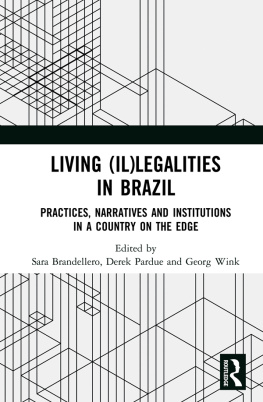
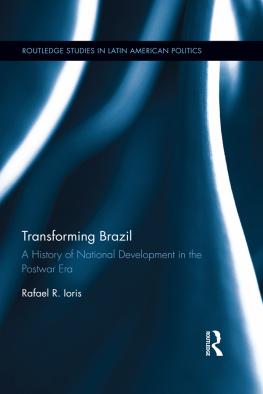
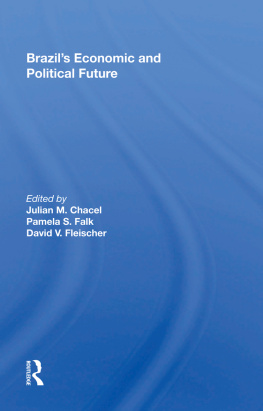
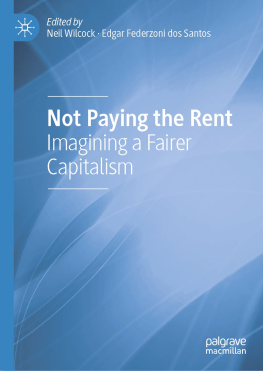

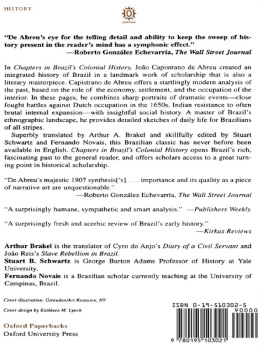

.gif)